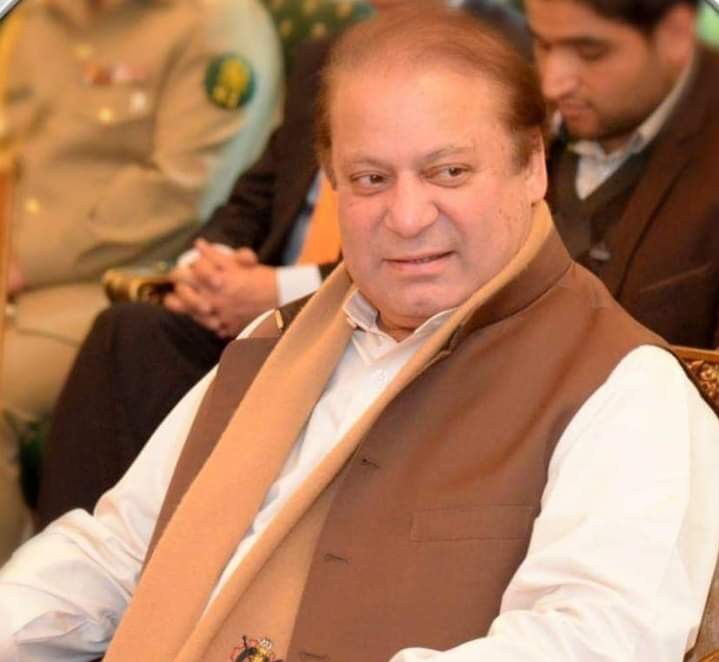In a fiery address to aspiring candidates from Faisalabad at the PML-N party secretariat in Model Town, former Prime Minister Nawaz Sharif launched a scathing critique on Tuesday, lambasting judges for what he perceived as their role in legitimizing military dictators and taking actions against elected prime ministers. Sharif expressed his frustration with the judiciary, accusing them of endorsing actions that undermine the constitution, particularly when it comes to military interventions. His remarks shed light on a perceived erosion of democratic principles, with the judiciary being accused of facilitating military rule by legitimizing unconstitutional measures.
Addressing a gathering of party members, Nawaz Sharif highlighted instances where judges allegedly allowed military dictators to amend the constitution, contributing to the current state of affairs in Pakistan. In a bold statement, he emphasized that the responsibility for the nation’s challenges lies squarely on the shoulders of the political leadership, dismissing external factors such as India, the United States, and Afghanistan as scapegoats for Pakistan’s miseries.
Furthermore, the former Prime Minister indirectly referenced a purported incident involving former ISI chief Gen Faiz Hamid, insinuating that undue pressure was exerted on a judge to deny post-arrest bail to him and his daughter Maryam Nawaz. Sharif suggested that this interference was an attempt to nullify the efforts they had invested over two years.
Turning his attention to political rival Imran Khan, Sharif criticized the PTI supremo for his promises of upholding the respect of the green passport and building a ‘New Pakistan.’ Despite Khan’s lofty claims, Sharif pointed out that the 2018 polls were marred by allegations of rigging, with the reference to the use of technology, the Result Transmission System (RTS), to manipulate the outcome. He highlighted the slim margin by which Imran Khan became the Prime Minister and alluded to the alleged use of helicopters and planes to secure the necessary parliamentary votes, drawing parallels with the PML-N’s previous criticisms of sugar baron Jahangir Khan Tareen.
In a final, intriguing revelation, Nawaz Sharif asserted that parties such as the MQM and certain individuals, possibly referring to the Balochistan Awami Party (BAP), were allegedly sent by the establishment to align with the PTI. This claim added a layer of political intrigue, suggesting external influences in the formation and alignment of political alliances.
As the political landscape in Pakistan continues to be marked by sharp rhetoric and allegations, Nawaz Sharif’s impassioned address adds fuel to the ongoing debates surrounding the role of the judiciary, alleged electoral irregularities, and external interference in the country’s political dynamics.


